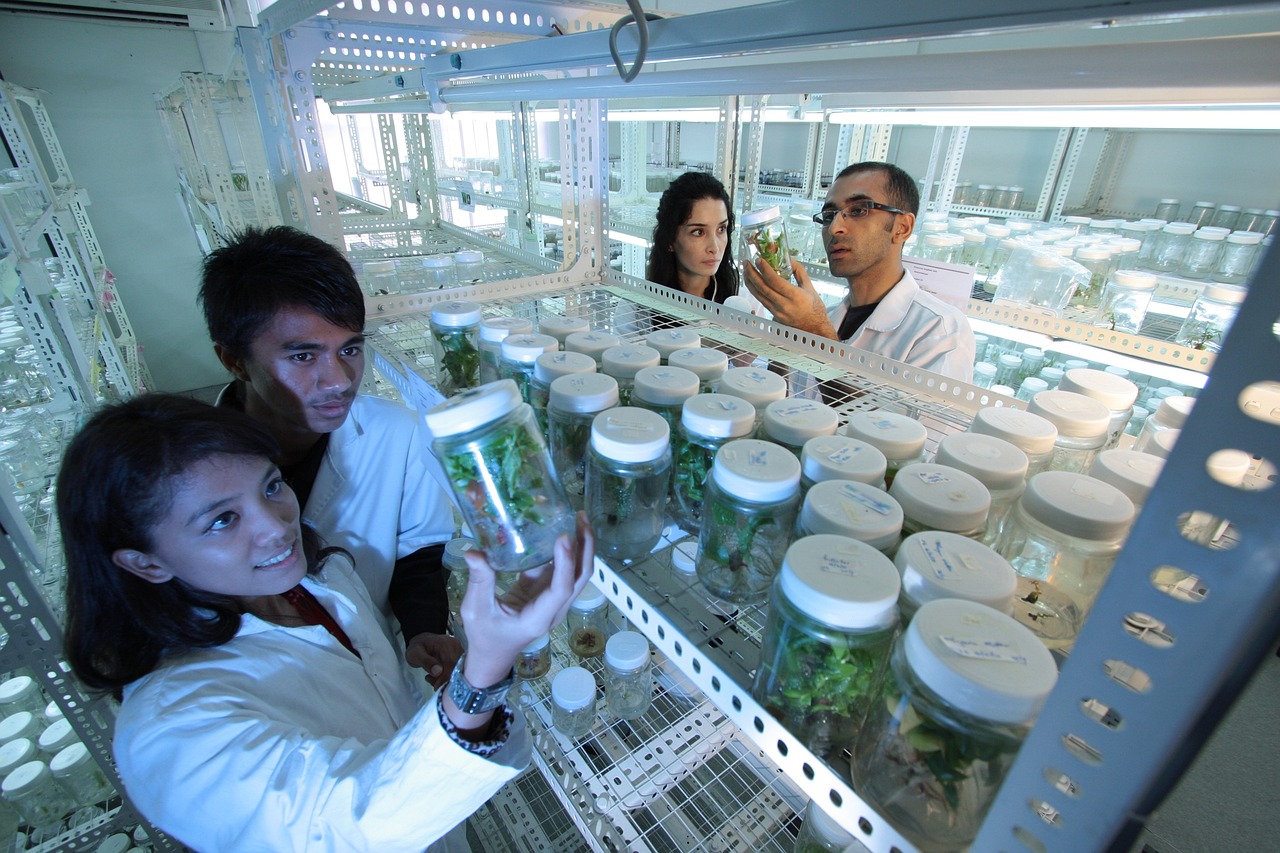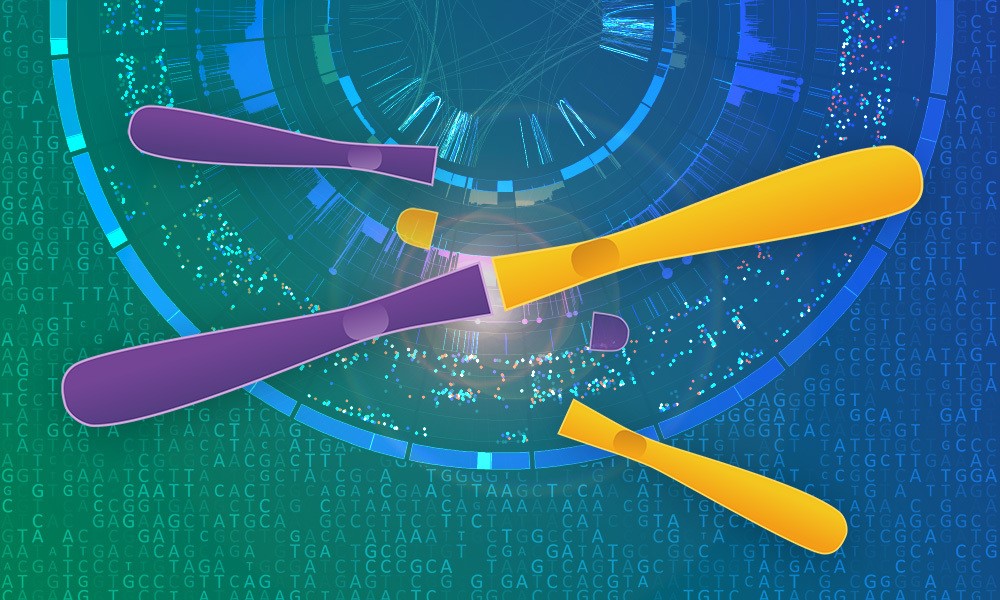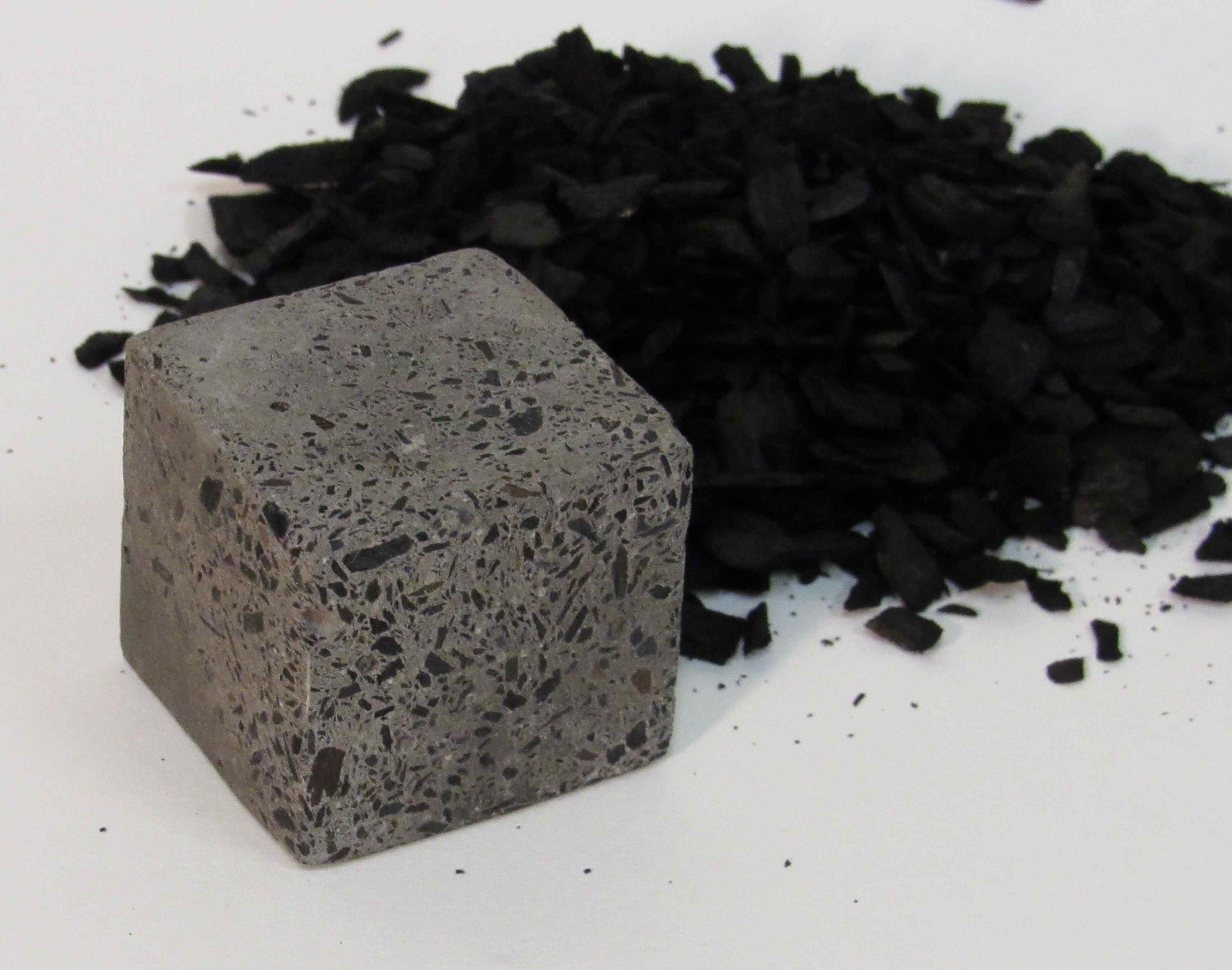Spanish population, among the most trusting in scientists, according to a study in 68 countries
An international study on public trust in science conducted in 68 countries, including Spain, has found that most people trust scientists and believe that they should be more involved in society and in policy-making. In addition, a majority of survey participants believe that researchers should play a more active role in society and in political decision-making. The Spanish population's confidence in science ranks seventh out of the 68 countries analysed. The research, which surveyed 71,922 people, provides the largest global data set on trust in scientists since the covid-19 pandemic. The study is published in the journal Nature Human Behaviour and has Spanish participation, led by FECYT.









